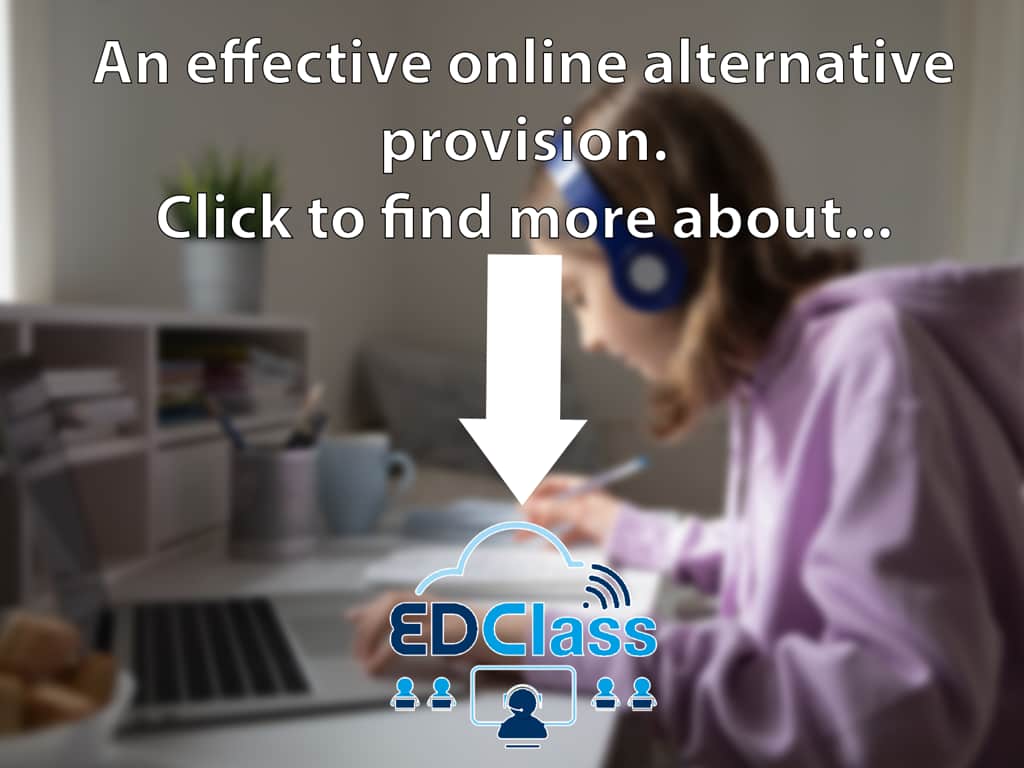Online interventions have great potential to assist students who need specific support. Students may struggle to attend a mainstream setting for a variety of reasons, it is important to provide the right support for these students so they can thrive in an environment they feel comfortable with.
Local authorities can provide suitable settings for students as they have the opportunity to provide inclusive educational settings. It is important to consider how valuable online interventions can be for students with specific needs and how they can support schools. These interventions can be used to address a variety of issues, such as:
- Online safety
- Academic achievement
- Social and emotional wellbeing
- Mental health
- Behavioural problems
There are several different ways that local authorities can use online interventions to help children in schools. Some of these interventions include:
- Online safety education: This type of intervention provides children with information about the risks of online use and how to stay safe. It can be delivered in a variety of ways, such as through classroom lessons, online modules, or videos.
- Online mentoring: This type of intervention pairs children with a mentor who can provide them with support and guidance as they use the internet. The mentor can help children to identify and report online risks and to develop positive online habits.
- Online counselling: This type of intervention supports children if they have experienced abuse or harassment. The counsellor can help children to cope with the emotional impact of the abuse and to develop strategies to keep them safe in the future.
Online interventions offer many advantages over traditional interventions. A huge factor is that they can be delivered to children, at any time, and can be tailored to the individual needs of each child. Children who are reluctant to discuss their problems can take advantage of how discreet they can be. In addition to this, online interventions can be more cost-effective than traditional ones. Local authorities can take full advantage of the benefits of online interventions to:
- Reach more children who need help.
- Provide more tailored support to children.
- Improve the efficiency of their services.
- Reduce the cost of providing support.
How to choose the right online intervention
There are some factors to consider when choosing the right online intervention. These factors include:
- The age and needs of your child.
- The specific issues that you want to address.
- The cost of the intervention.
- The format of the intervention.
- The quality of the intervention.
It is important to do your research and compare different online interventions before choosing the most suitable setting. Consider a variety of perspectives to see the full value of each provision.
Local authorities need to ensure that the intervention chosen meets government guidance as to what is being supplied. Providing coherent sequenced learning and addressing potential behavioural issues is crucial.
Online interventions are a valuable tool that local authorities can use to help children in schools. These interventions can be used to address a variety of issues, and they offer several advantages over traditional interventions. If you are interested in using online interventions then it’s important to conduct due diligence to find the right intervention that meets a child’s needs. Check out our other blog on more benefits of online intervention.
A trusted online alternative provision
EDClass’ online alternative provision is a perfect online intervention tool that addresses poor behaviour and helps students continue their education in a setting they are comfortable with.
One-to-one support is given from UK-qualified teachers online and clear starting points are provided with a progression model being implemented. A massive effort for positive reintegration back into a mainstream setting is also administered so every student has the best possible outcomes possible.
If you’d like to learn more about EDClass then call the team on 01909 568338, send an email to mail@edclass.com, book directly here or by clicking the image below.











